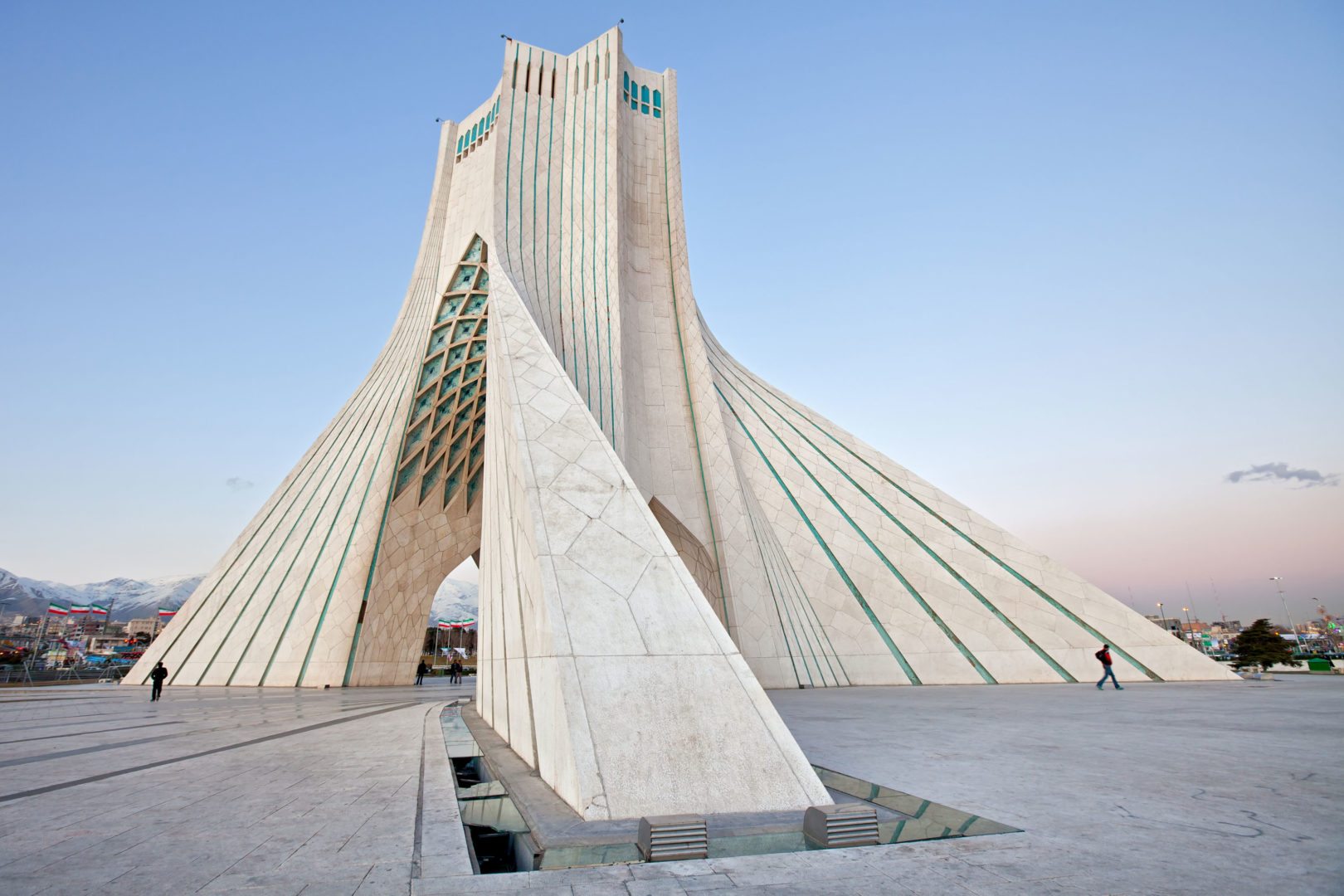

Opecs top oil producers will only freeze production if all countries join in
Saudi Arabia, Opecs top oil producer, will only freeze its oil output if Iran and other major producers do so, according to the kingdoms Deputy Crown Prince Mohammed bin Salman al-Saud.
He has said that Iran must take an active role in stabilising the crude market.
If all countries including Iran, Russia, Venezuela, Opec countries and all main producers decide to freeze production, we will be among them, he said, according to US-based news agency Bloomberg. If there is anyone that decides to raise their production, then we will not reject any opportunity that knocks on our door.
Iran has already said it plans to boost production and the call for action by Saudi Arabias deputy crown prince leaves the outcome of a planned meeting on 17 April between Opec and some non-Opec producers in question.
In London and New York, oil prices sank more than 4 per cent on 1 April, with West Texas Intermediate (WTI) erasing all of its gains for this year. Brent crude fell $1.66 to $38.67 a barrel and WTI dropped $1.55 to $36.79 a barrel.
The meeting of oil producers in Doha on 17 April follows a gathering in February between Saudi Arabia, Qatar, Russia and Venezuela in which the quartet tentatively agreed to cap their production at Januarys level.
The deal, which helped to lift the price of Brent above $40 a barrel from a 12-year low of $27.10 a barrel in January, was contingent on other countries joining it.
Irans Oil Minister Bijan Namdar Zanganeh will attend the Doha discussions but will not join a production freeze, claimed Bloomberg, citing a person familiar with the Islamic Republics policy.
The International Energy Agency (IEA) said that Iran in February its first full month free of nuclear sanctions lifted its oil production to a four-year high of 3.22 million barrels a day (b/d).
Deputy Crown Prince Mohammed said the kingdom was ready to weather the oil crisis by reforming its economy.
I dont believe that the decline in oil prices poses a threat to us, he said, adding that a rise in prices, while having budgetary benefits for the kingdom, was also a threat to the lifespan of oil.
He suggested prices will rise over the next two years as demand continues to increase, but he made it clear that Riyadh has very little appetite for the return of Opec production management that moulded the oil industry for 30 years.
You might also like...

Al Ula seeks equestrian village interest
26 April 2024

Morocco seeks firms for 400MW wind schemes
26 April 2024

Countries sign Iraq to Europe road agreement
26 April 2024

Jubail 4 and 6 bidders get more time
26 April 2024
A MEED Subscription...
Subscribe or upgrade your current MEED.com package to support your strategic planning with the MENA region’s best source of business information. Proceed to our online shop below to find out more about the features in each package.




